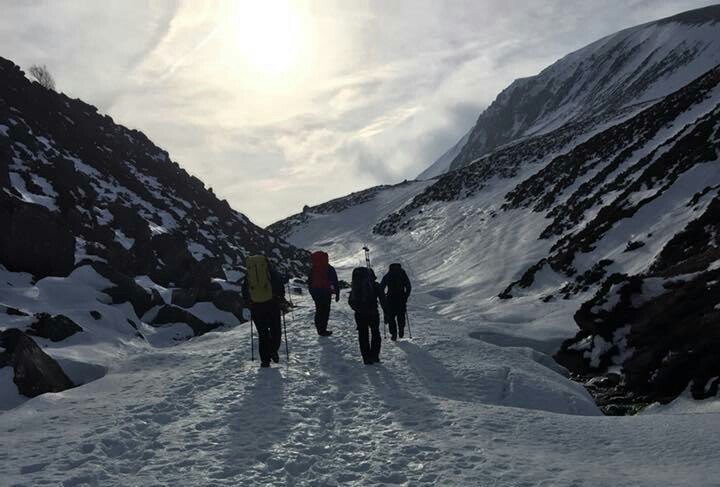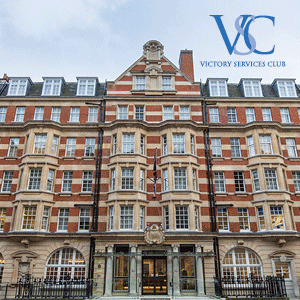
This October and November, The Royal British Legion and Leeds Beckett University will lead a team of 12 serving military wounded, injured and sick (WIS) personnel and veterans, on a challenging expedition to the Himalayas, while marking the centenary of the end of the First World War…
Those selected for the adventure have attended specially designed programmes and gained support from the Legion’s Battle Back Centre, a leading centre for assisting in the recovery and improving the physical and mental wellbeing of both serving WIS and veterans.
The Battle Back Centre was established in 2011 for WIS service personnel and mobilised reserves, many of whom had been injured on operations in Iraq and Afghanistan. Around 5,000 WIS have attended courses at the Centre and in 2017 the Battle Back Centre extended its offer to include veterans, achieving impressive and positive outcomes for both.
None of those selected for the team have previous experience of high altitude mountaineering and the majority have little experience of climbing of any kind. However, they will be led through a programme of graduated training in the UK and in Nepal to get the team to a standard, both mentally and physically, that will enable them to attempt the 6,500 metre Mera Peak.
The mountain will be the pinnacle of a 23 day challenge as the team journey through the Himalayas on a circular trek which will take them through some of the most magnificent scenery on earth. The team hopes to reach the summit of Mera Peak on 11 November – Remembrance Day – where they will raise a Legion flag coinciding with the centenary of the end of the First World War.
Following this remarkable feat, selection will be made for part of the team to go even further and attempt Mount Baruntse, which lies in the Khumbu region of Nepal surrounded on three sides by glaciers. It is over 7,000 metres (23,497 feet) and was first climbed in 1954 by Colin Todd and Geoff Harrow who were part of Sir Edmund Hillary’s expedition.
Chris Joynson, Operations Manager and expedition leader for The Royal British Legion says: “We’re excited to be able to lead the team on such a groundbreaking expedition – it will no doubt be an important learning experience for all involved as we work to overcome physical and mental challenges.
“The needs of those we serve at the Legion are both changing and complex. The Battle Back Centre is proud to be able to adapt, and introduce fresh approaches to meet the needs of both serving and veterans’ communities, especially around PTSD and mental health.”
Dave Bunting is the Leeds Beckett University project lead for the Battle Back Centre and is a highly experienced expedition leader having undertaken 14 Himalayan expeditions, including leading the Army’s Everest West Ridge Expedition 2006. He said:
“The Battle Back Centre works hard to demonstrate the value of continuing to remain active as a means of improving physical and mental health, and in enhancing the overall quality of life for serving WIS and veterans. This expedition is the ultimate example of that.”

